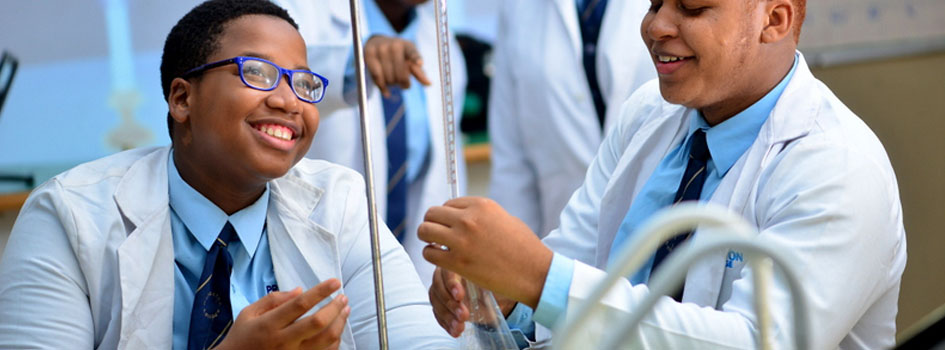

Princeton understands and embraces this most dynamic change in a young adolescent's life by providing the ideal solution: a co-educational setting for boys and girls.
The Junior Secondary School covers grades 7-9. We provide a conducive atmosphere for learning. Students are exposed to a wide range of academic and vocational learning experiences throughout their experience.
With our commitment to e-learning, all lessons are delivered electronically in the College. Every student works with a personal laptop to receive notes and instructions. Our class tests and examinations are computer based. By moving away from traditional methods of simply taking notes during lessons, our teachers are able to nurture and encourage the process of critical thinking and discussions among our students

True learning springs from opportunities to discover by oneself..
William Deresiewicz

At Princeton, college preparation is what we do best. Beyond an exceptional foundation, we provide the knowledge and guidance necessary to give our graduates the opportunity to grasp the future they desire. We challenge our students inside the classroom and out. We make certain that they have opportunities to grow and develop, and that they feel supported and encouraged.
The Senior Secondary School covers grades 10-12. Beyond an exceptional foundation, we provide the knowledge and guidance necessary to give our graduates the opportunity to grasp the future they desire. Our guidance counselling unit is poised to assist our students with their career and subject selections.
We challenge our students inside the classroom and out. Students learn how to collaborate with each other and with their advisors and teachers.. We make certain that they have opportunities to grow and develop, and that they feel supported and encouraged.

Develop a passion for learning. If you do, you will never stop learning.
Anthony J. D'Angelo